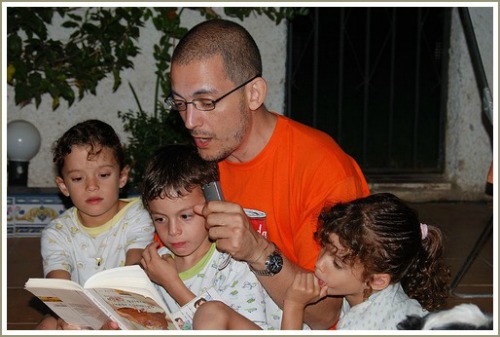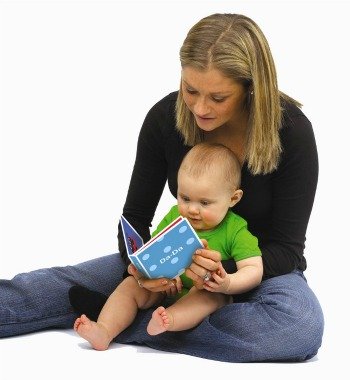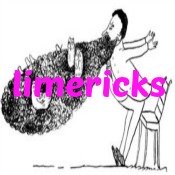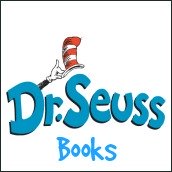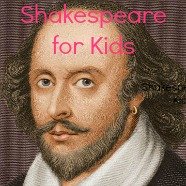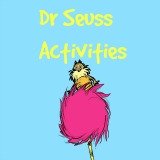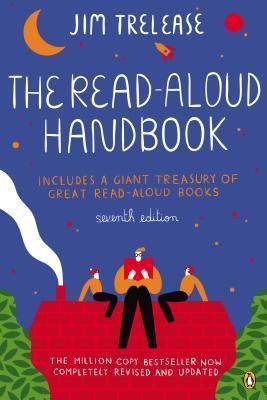Reading to Children
Reading to children gives them a head-start in life in so many ways. As parents, many of us know this but we may not be sure exactly why it's so important that we read to our kids when they're small.
So what exactly are the benefits of reading aloud to kids?
Reading aloud to your baby or young child is a wonderful bonding experience but did you know that it's also the start of the learning-to-read process?
Many people think that learning to read is something that happens when their child starts school but learning to read actually starts much, much earlier than this.
In fact, the learning-to-read process starts at birth when babies start to tune in to the sounds and rhythms of spoken language.
Parents and other people who love the new baby begin talking to this new little person from the time he or she is born and reading aloud can begin straight away too.
Reading aloud plays a vital role because it helps develop three essential pre-reading skills: phonological awareness, background knowledge and vocabulary.
Reading Aloud & Learning to Read
Reading to children stimulates and develops three things that are critical for learning to read:
These three skills are actually the foundations for learning to read.
If you aren’t familiar with these skills or if you’re wondering how on earth you’re supposed to teach them to your child, please don’t worry!
Knowing about them and understanding how they develop is interesting but not really that important.
The important thing to know is that if you start reading to your child when he's a baby and read every day and in the right way will help him develop these skills naturally and easily.
In fact, you might even find that you don’t need to formally ‘teach’ anything.
Your child won’t be aware that listening to you read stories and nursery rhymes is helping his brain to develop.
He’ll just think he’s having fun with you!
The Magic of Reading Aloud
Parents and teachers have known for a long time that reading to children is important but there is now a great deal of research about the long-term benefits.
We now know that children who are read to:
- often need little in the way of formal teaching when it comes to reading
- learn to read easily and naturally, sometimes before they start school
- go on to become capable, confident readers and to enjoy reading
- do better at school in all subjects and therefore tend to enjoy school
The bottom line is that reading is fundamental to our kids' success at school.
Children who start school with years of happy reading aloud experiences under their belts grow into confident learners in all subject areas simply because they are in the best possible position to get the most out of school.
Their strong language and listening skills and wide general knowledge help them to understand more of what the teacher says and give them the ability to confidently take part in class discussions.
Amazing stuff, this reading to children!
In fact, children’s author and literacy expert Mem Fox speaks and writes about the magic of reading aloud and has even written a book called Reading Magic.
American writer Jim Trelease also speaks about the huge benefits of reading aloud and describes, in The Read-Aloud Handbook, the almost magical ability it has to transform the lives of disadvantaged children.
How to Begin Reading Aloud
So reading to babies and young children is important but where do you start?
Reading aloud comes naturally to some people but if you haven't done it before it can feel a bit weird or even embarrassing.
It's something we usually don't have any experience with until we have our own children so it can be hard to know how to begin.
So this section of Best Books for Kids is all about the ins and outs of reading to babies and to children of all ages:
- when to begin reading aloud
- tips for reading aloud
- how to do it: reading aloud basics
- the benefits of reading to premature babies
- 10 benefits of reading to kids
- reading to older kids
- reading to teens
References:
Callaghan, G; & Madelaine, A. (2012). Levelling the playing field for kindergarten entry: Research Implications for preschool early literacy instruction.
home >>> reading to children
